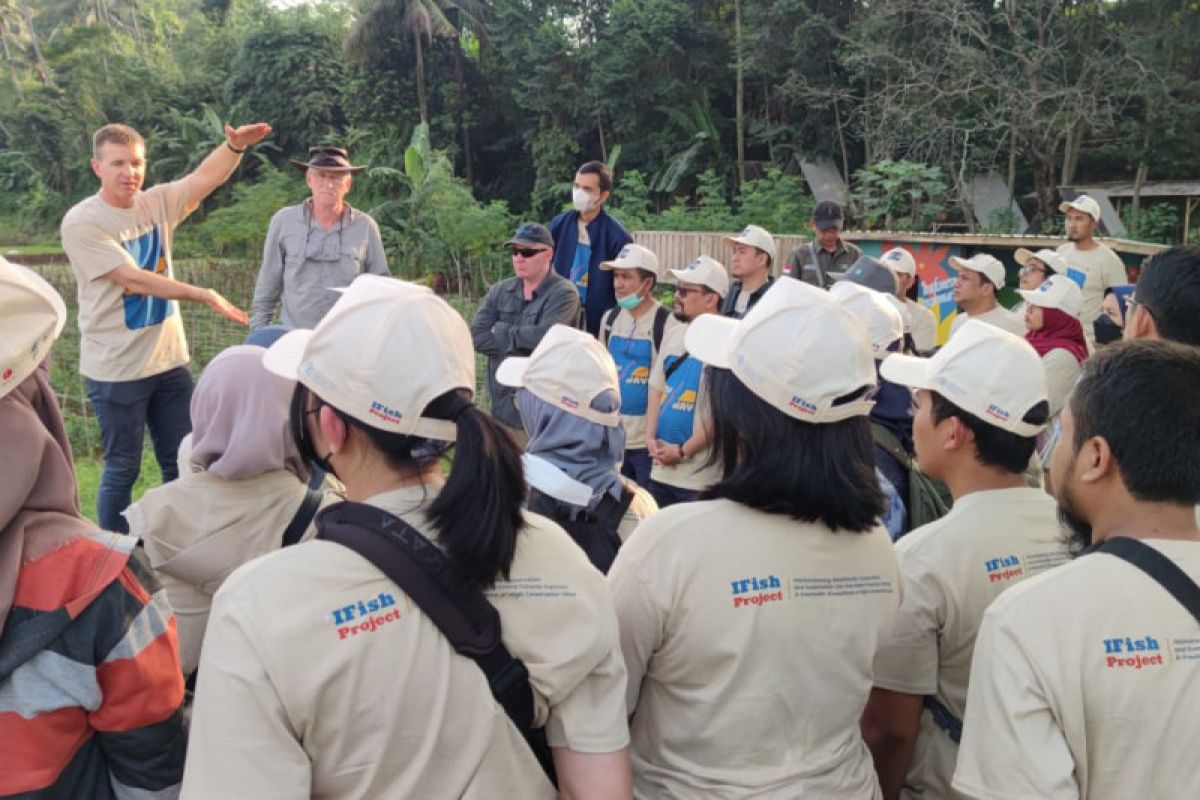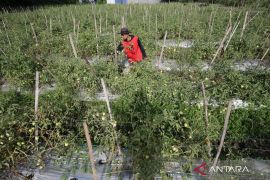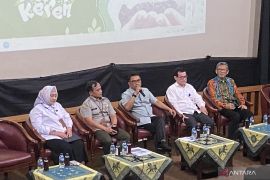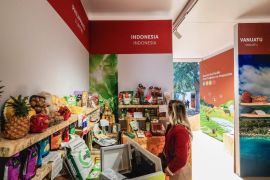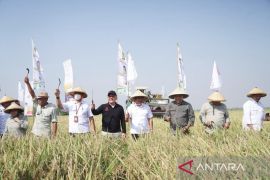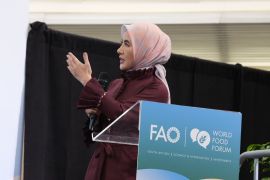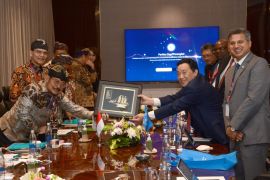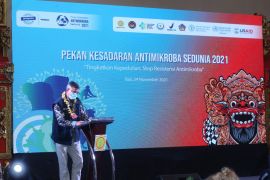Through the FAO-implemented IFish project, the FAO will continue to mainstream the fishway concept into the policy levelJakarta (ANTARA) - The United Nations' Food and Agriculture Organization (FAO) cooperated with the West Java local government to encourage parties to build fishways in an effort to ensure freshwater fish sustainability in Indonesia.
The Government of West Java, with support of the FAO and the Ministry of Marine Affairs and Fisheries, agreed to construct fishways to ensure freshwater fish sustainability in West Java, FAO Indonesia stated in a release on Thursday.
Fishway construction has been conducted through the IFish project, which is a joint project between FAO and the Ministry of Marine Affairs and Fisheries, aimed at mainstreaming biodiversity conservation and sustainable use into inland fisheries practices in freshwater ecosystems of high conservation value.
To mainstream the fishway concept in government policies, the IFish-FAO project and the West Java local government held a fishway masterclass on June 27-30, 2022, in Bandung that engaged several international experts to train stakeholders and practitioners in preparing fishway designs for weir and dam structures.
Fishway masterclass is designed with the concept of training of trainers to mainstream the idea of dam design that can meet irrigation requirements and support the sustainability of inland fish resources.
Agencies that will partake in the training included the Ministry of Maritime Affairs and Fisheries, Ministry of Public Works and Public Housing, Natural Resources Service and agencies from West Java Province and Sukabumi District, National Research and Innovation Agency, Association of Indonesian Hydraulic Engineers (HATHI), Poso Energy, Micro Hydro Power Plant (PLTMH), as well as academics and non-governmental organizations.
"Collaboration among institutions is very important in building fishways in Indonesia. The involvement of different entities, such as the Ministry of Marine Affairs and Fisheries, Ministry of Public Works and Housing, fisheries research institutions, universities, NGOs, local governments, and the community, is needed in the on-field work to build fishways," FAO Representative for Indonesia Rajendra Aryal stated.
"Through the FAO-implemented IFish project, the FAO will continue to mainstream the fishway concept into the policy level," he remarked.
According to FAO, both irrigation and fish availability are crucial for ensuring food security for the local communities. Complexity occurs when certain structures, crucial to the irrigation system, are built and block the migratory route of some fish species.
Related news: Indonesia mobilizes national consensus on family farming
Hence, it said, the best solution is the construction of fishways on weirs and dams. Weirs with fishways will provide water for agricultural irrigation in addition to providing access for fish.
Moreover, the existence of fishways will support the intake of plant and animal proteins for rural communities, majority of whom still depend on river fish catches for daily nutrition.
One of the fishway projects was implemented in Sukabumi District, West Java.
The design currently being developed at Caringin Weir on Cibareno River, Sukabumi District, is a very significant breakthrough in Indonesia, as it was made on the basis of periodic hydrological data of the river, migratory fish species, and hydraulic aspects to control the movement of water currents along the fishway, according to the FAO.
According to FAO observations, various migratory fish species in Indonesia are threatened with the risk of extinction. Habitat fragmentation due to the presence of various structures across the Indonesian rivers is one of the major causes of the disappearance of several fish species of high economic value in Indonesia.
For instance, Sidat (Anguilla bicolor), one of Indonesia's premium export commodity fish species, can only breed and spawn in specific locations and any obstruction to their migratory route will prevent them from breeding.
Related news: RI includes livestock evacuation in disaster management measures
Hence, IFish project, in the long run, is expected to create more fishways that can become a mandatory component in every irrigation-related planning and structure. It is a good way to preserve fish resources in Indonesian rivers.
Since 2019, the IFish-FAO project and the West Java local government have collaborated to develop a fishway design at the Caringin Weir on Cibareno River, Sukabumi District.
The river is an important habitat for sidat and several other fish species of high economic value, such as tor, boboso and tiger eel.
To ensure that the fishway design can accommodate the unique characteristics of local fish species, the IFish project has conducted time series fish biodiversity and hydrology assessments since December 2021 with the Ministry of Marine and Fisheries Affairs and the West Java Province Water Resources Service.
Related news: FAO lauds performance of Indonesian agricultural sector
Related news: FAO presses for implementing One Health to prevent zoonotic diseases
Reporter: Yuni Arisandy Sinaga
Editor: Fardah Assegaf
Copyright © ANTARA 2022
